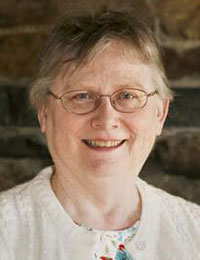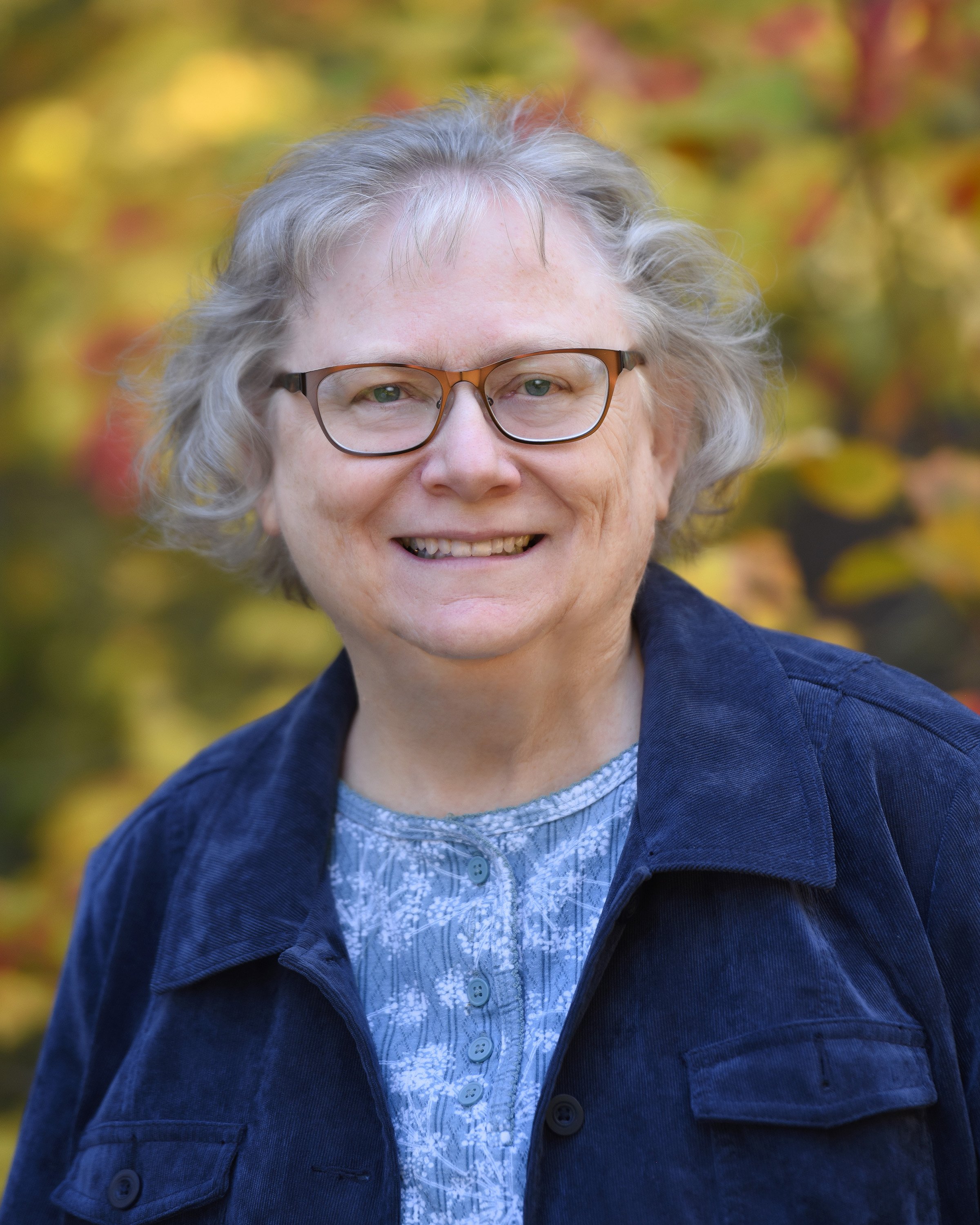 The 2020 commemoration for the 400th anniversary of the arrival in New England of the ship Mayflower and her passengers is fast approaching. In the next two years we will be hearing a lot of words quoted from Gov. William Bradford’s first-person account of the Pilgrims’ passage in Of Plimouth Plantation.
The 2020 commemoration for the 400th anniversary of the arrival in New England of the ship Mayflower and her passengers is fast approaching. In the next two years we will be hearing a lot of words quoted from Gov. William Bradford’s first-person account of the Pilgrims’ passage in Of Plimouth Plantation.
Bradford’s manuscript, itself, has a history of passages. Compiled by Bradford between about 1630 and 1650, and used by many succeeding New England historians, the manuscript disappeared from Boston during the American Revolution. A century later it was discovered in the library of the Bishop of London (having been appropriated by British occupiers during the war) and returned to Massachusetts. It is on display at the Massachusetts State Archives in Boston, and digital images of the original can be downloaded here. The most popular published transcription remains Samuel Eliot Morison’s 1952 version.[1] An entirely new transcription is being prepared for publication for the 2020 anniversary.
Bradford was a master of meaningful prose. He wrote as one of New England’s first ambassadors for settlement. The little band of 50 Pilgrims would not survive without reinforcements, and the letters he, Edward Winslow, and others wrote home in the first years were crucial. How better to inspire others than to tell the heroic story of survival against all odds under the hand of God? Come on over!
How better to inspire others than to tell the heroic story of survival against all odds under the hand of God?
As Bradford collected his letters and notes into the Biblically-inspired manuscript Of Plimouth Plantation, he was convinced that the story of every individual Pilgrim should be honored. His accounts of the passengers and their “increasings and decreasings” are what make their story live while those of other brave immigrants, and the stories of the Native tribes who had to absorb the brunt of an unimagined invasion, are not preserved. They had no William Bradford to write their words.
Of their arrival in New England, Bradford wrote: “Being thus passed the vast ocean, and a sea of troubles before in their preparation… They had now no friends to welcome them, Nor inns to entertain or refresh their weatherbeaten bodies, No houses or much less towns to repair to, to seek for succor. And for the season it was winter, and they that know the winters of that country know them to be sharp & violent, & subject to cruel & fierce storms! What could now sustain them but the spirit of God & his grace? May not the children of these fathers rightly say, Our fathers were Englishmen [and women and children] which came over this great ocean, and were ready to perish in this wilderness…”
Hearing those words read aloud, at a recent event at Pilgrim Hall in Plymouth, gave me goosebumps. No matter how thick the hyperbole about the Mayflower and her passengers may become by 2020, all I need to do is remember that paragraph to know what it was all about.
Note
[1] William Bradford and Samuel Eliot Morison, Of Plymouth Plantation, 1620-1647 (New York: Knopf, 1952). Bradford used the contemporary spelling “Plimouth,” which was modernized for twentieth-century publications.
Share this:

About Alicia Crane Williams
Alicia Crane Williams, FASG, Lead Genealogist of Early Families of New England Study Project, has compiled and edited numerous important genealogical publications including The Mayflower Descendant and the Alden Family “Silver Book” Five Generations project of the Mayflower Society. Most recently, she is the author of the 2017 edition of The Babson Genealogy, 1606-2017, Descendants of Thomas and Isabel Babson who first arrived in Salem, Massachusetts, in 1637. Alicia has served as Historian of the Massachusetts Society of Mayflower Descendants, Assistant Historian General at the General Society of Mayflower Descendants, and as Genealogist of the Alden Kindred of America. She earned a bachelor’s degree from the University of Connecticut and a master’s degree in History from Northeastern University.View all posts by Alicia Crane Williams →